COS News
News
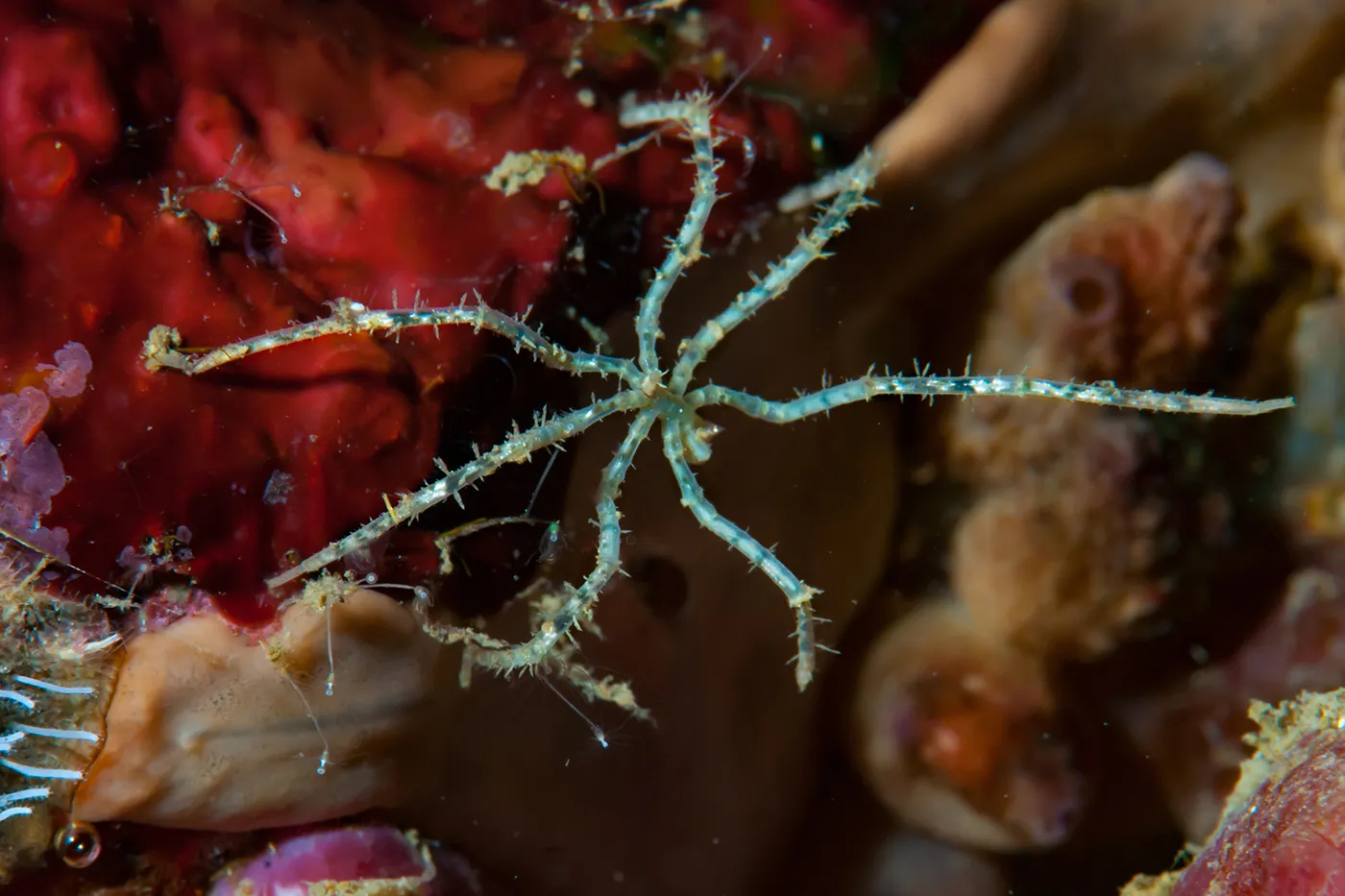
Connie Phong wants to know how an animal adapted to live in a highly specialized environment — just below the freezing point for seawater — responds to warming oceans.
How Northeastern scientists are using Antarctic sea spiders to study life on the edge
News

Fleury Augustin Nsole Biteghe has identified a way to target two of the deadliest cancer types with chemotherapy drugs but without the harms associated with chemotherapy.
Northeastern researcher uses light to target and kill cancer cells
Showing 36 results in Biochemistry
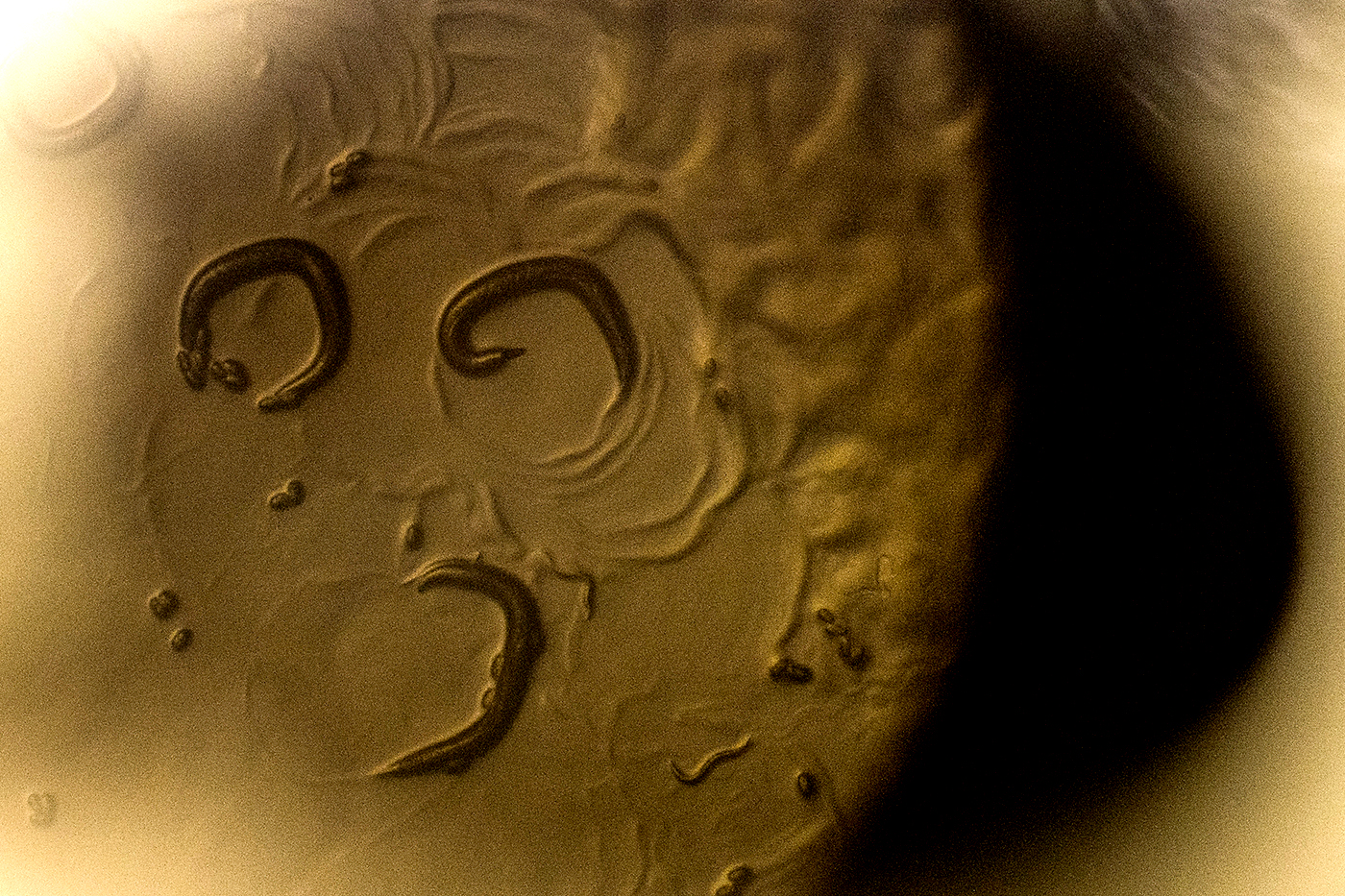
Student-led collaboration explains how worms navigate a world of food and toxins
A new study from a Northeastern-led collaboration, looking into the C. elegans worms’ interactions with their microbiome, found that the worms are willing to leave a bacterial food source when they’re exposed to one of their deadliest toxins and identified the driving neurological mechanism behind it.

Stunned students protest Russian invasion of Ukraine
Northeastern’s Ukraine Cultural Club, led by Deanna Zawadiwsky, a fourth-year psychology and economics major, met on Centennial Common to protest the Russian invasion of Ukraine.
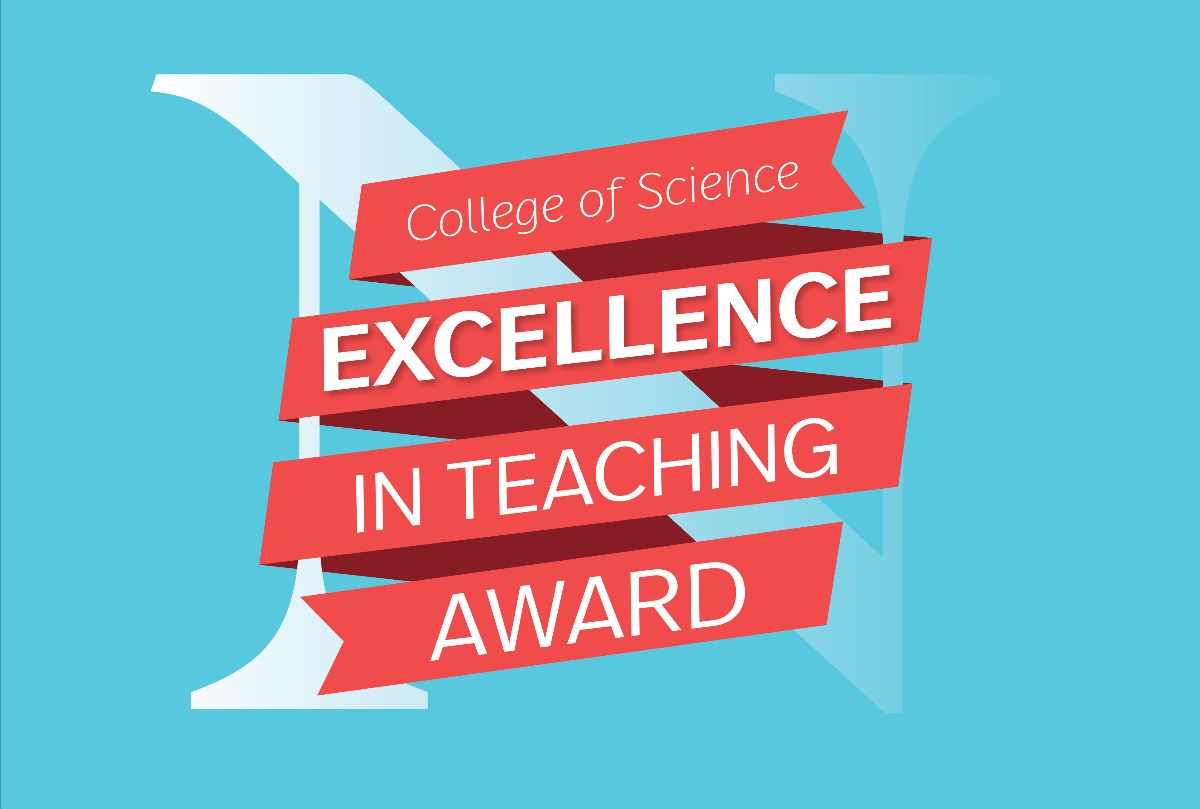
Recipients of the College of Science Excellence in Teaching Award 2022
The College of Science Excellence in Teaching Awards recognize and reward outstanding NU College of Science faculty for their significant contributions to student learning. We are pleased to announce this year’s winners.
Northeastern’s first Churchill Scholar will study breast cancer at Cambridge University
Cameron Young recently earned the Churchill Scholarship for his impressive work in the field of biochemistry that will allow him to continue his studies at Cambridge university.
Q&A with Ellen Smith: CaNCURE Spring Cohort
Biochemistry major Ellen Smith shares her co-op experience at CaNCURE.
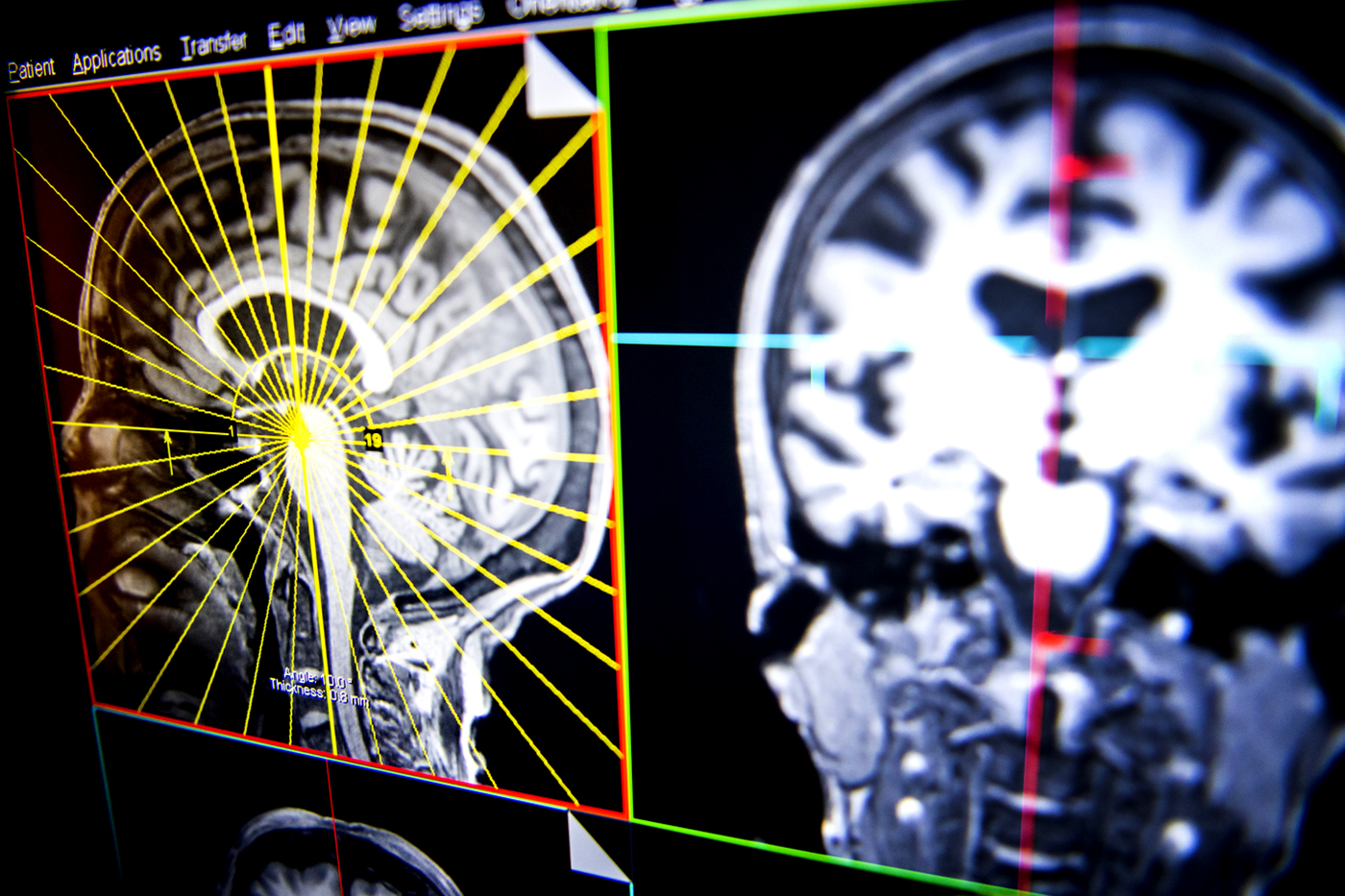
Landmark study into the genetic disorder offers clues into links between metabolism and mental health
Researchers at Northeastern and neighboring colleges say they’ve made a landmark discovery that takes a deeper look at the metabolic and biochemical origins of a debilitating genetic disease known to cause a range of symptoms and health problems. A new study, published Wednesday, focused on a severe neurodevelopmental disorder referred to as 16p11.2 Deletion Syndrome, […]
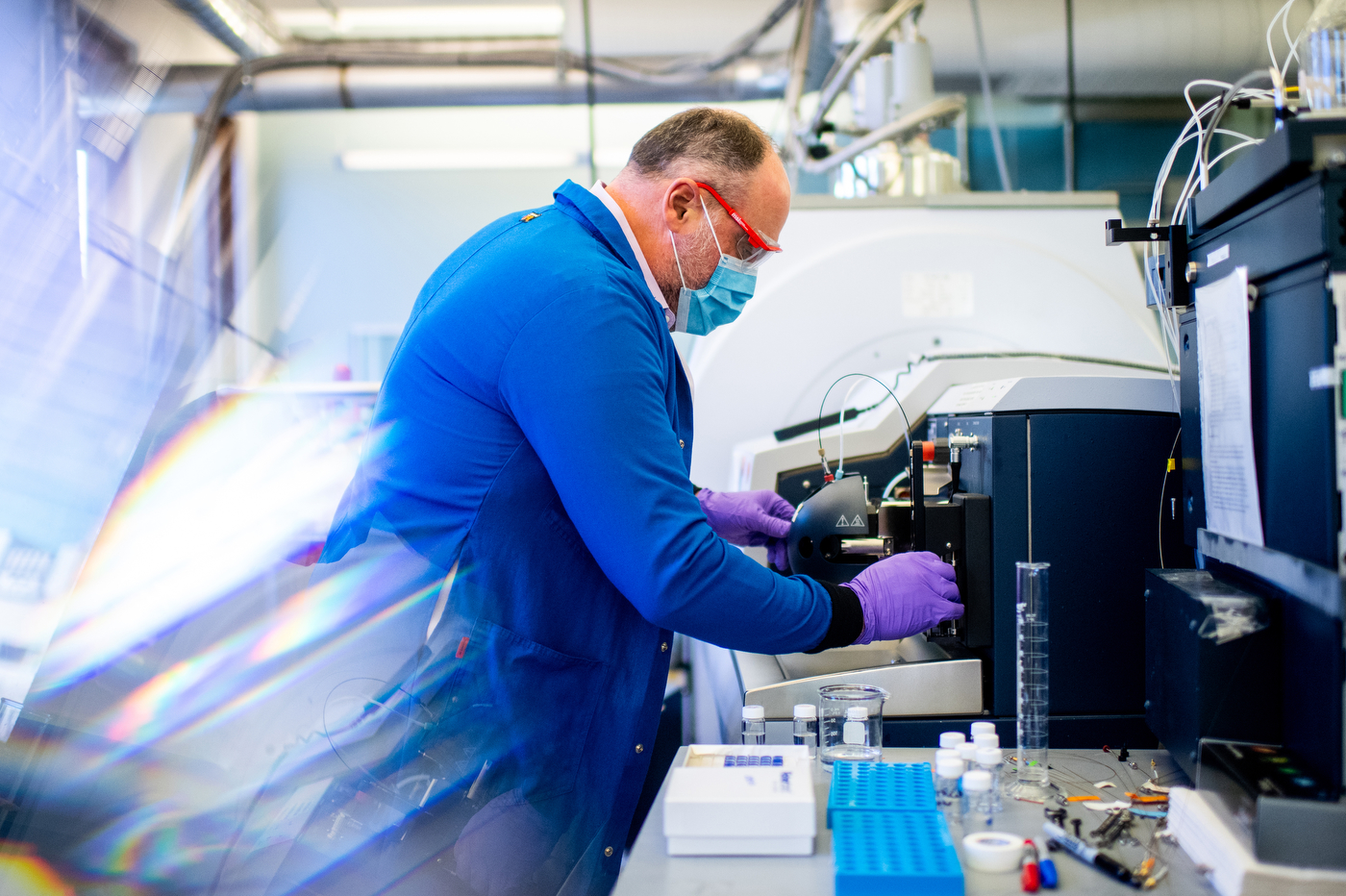
The human genome has been mapped. Here’s the next monumental step.
Jeffrey Agar and his colleagues are working on helping humanity develop treatments for hundreds of currently untreatable diseases
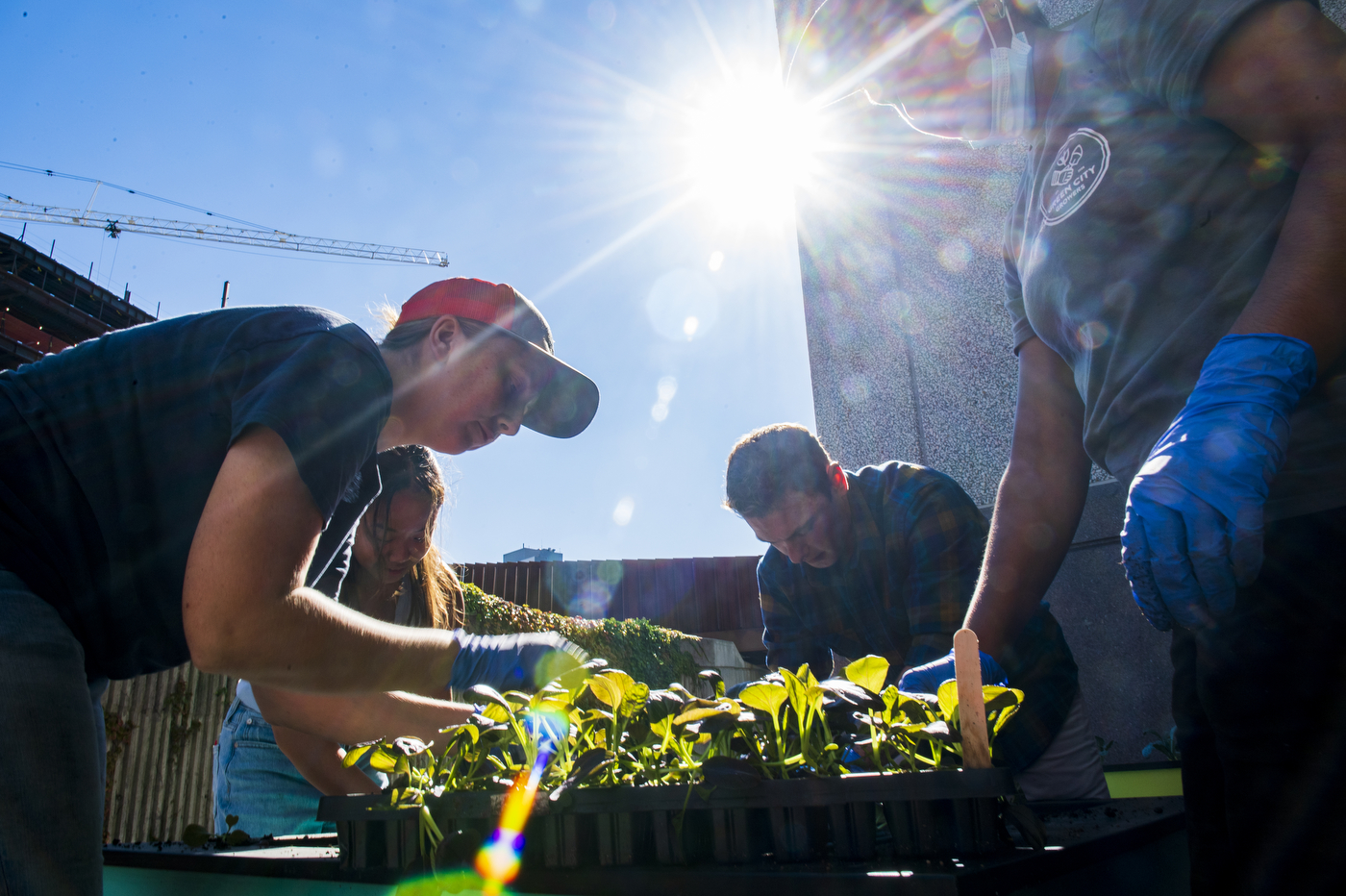
A vegetable garden grows on the Boston campus
New vegetable garden is growing at Northeastern's Boston campus, with participants from all academic backgrounds.
This mysterious on-off switch holds clues to new cancer treatments
Within each of our cells, there’s an on-off switch that controls when cells divide and reproduce. The metaphorical finger that flips this switch is a protein called RAS. Under normal circumstances, RAS switches on to help our bodies repair wounds or replenish cells, to name a few of its functions. But sometimes, the switch gets […]
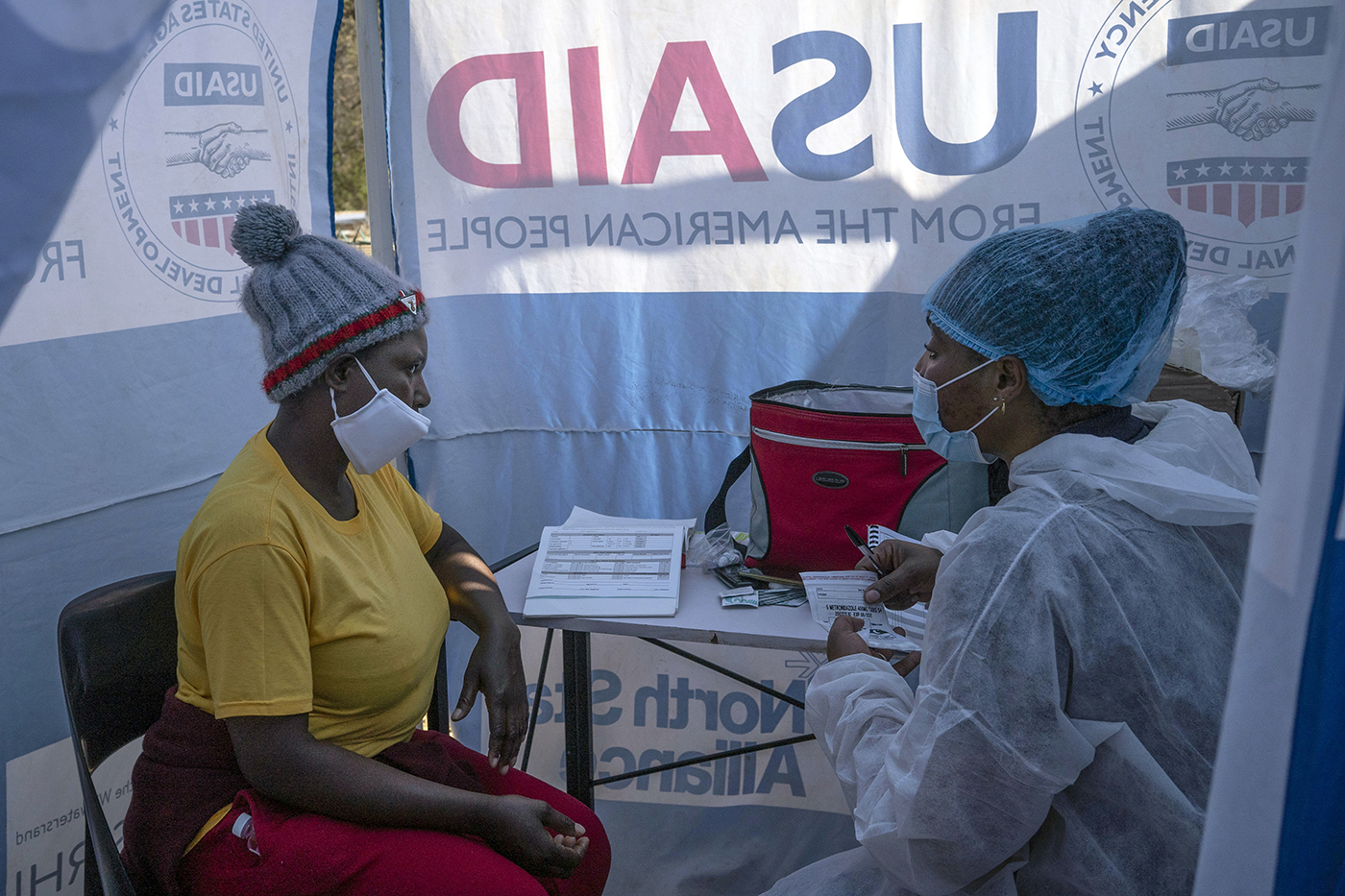
Her HIV research shed new light on treating African women with AIDS. Now her focus is Covid-19.
Nomathemba Chandiwana, a Northeastern 2004 graduate, uses her expertise on HIV and infectious diseases to find solutions for the soaring Covid-19 cases in South Africa.
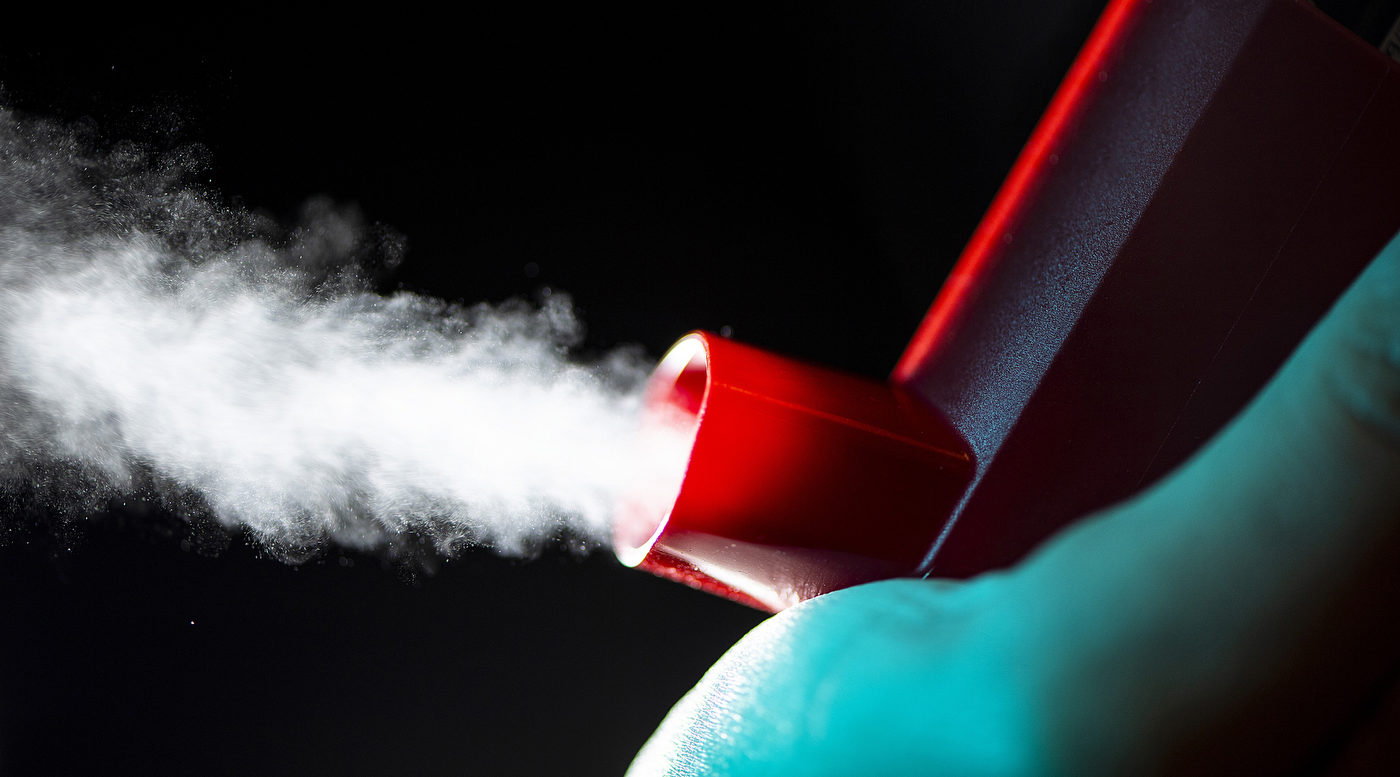
No needles? No problem. This COVID-19 vaccine could be inhaled.
Paul Whitford and a team of scientists develop an inhalable vaccine strategy in the hopes of offering a simple and efficient way of administering COVID-19 vaccines.

Student Profile: Margaret Cai, Biochemistry and Chemical Engineering Major
Margaret Cai is a Chemical Engineering and Biochemistry Major. She is graduating in the Class of 2022. Why did you decide to study Chemical Engineering and Biochemistry at Northeastern? “I’ve always been very interested in biology and chemistry. When I was younger, I read books about diseases just because I found them fascinating. I chose […]